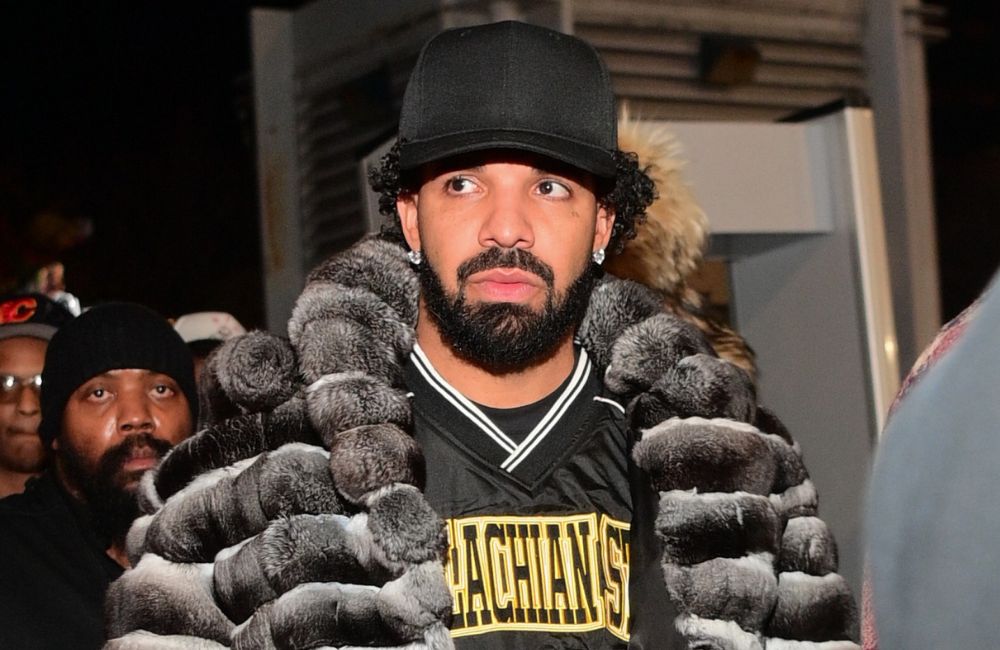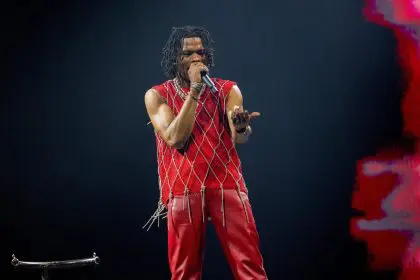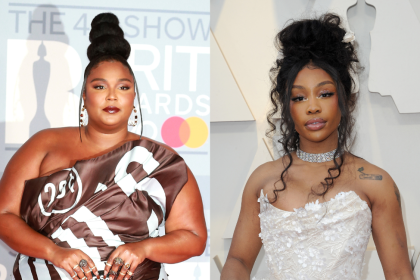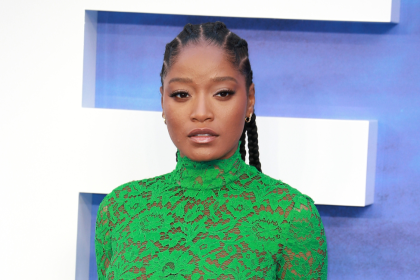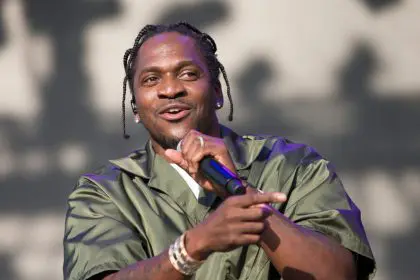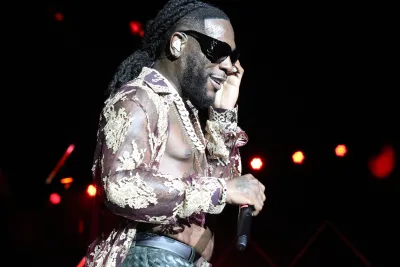Drake has filed a second legal petition against Universal Music Group (UMG) over Kendrick Lamar’s diss song ‘Not Like Us’. This latest development marks an unprecedented escalation in what music industry experts are calling one of hip-hop’s most significant legal battles.
On Tuesday (26.11.24), Drake accused the major label and publisher of “artificially inflated” streams for the record-breaking tune. The song had reportedly accumulated over 100 million streams within its first week of release.
Released in May, the track marked Kendrick’s fifth diss track aimed at his rap rival and came out less than 24 hours after his previous single, ‘Meet the Grahams’. The rapid succession of releases has been noted by industry analysts as an unusual strategy in modern hip-hop beefs.
Drake has now submitted a pre-filing in Texas after his previously filing in New York, and this time, he’s accusing UMG of defamation and “falsely accusing him of being a sex offender, engaging in pedophilic acts, harboring sex offenders, and committing other criminal sexual acts.” Legal experts suggest this multi-state approach could complicate the case significantly.
This is in reference to the lyrics: “Certified Lover Boy? Certified pedophile” and “Tryna strike a chord and it’s probably A minor”. These controversial lines have sparked intense debate across social media platforms, generating millions of engagements.
Drake swiftly fired back on his retaliation track ‘The Heart Part 6’, denying Kendrick’s accusations he is a paedophile. The response track garnered over 50 million streams in its first 24 hours.
He rapped: “Speakin’ of anything with a child, let’s get to that now / This Epstein angle was the s***/I expected TikTok videos you collected and dissected / Instead of being on some diss-direct s*** / You rather f****** grab your pen and misdirect s***.”
The latest papers filed are requesting “pre-suit” depositions from UMG and iHeartMedia. This legal strategy is relatively rare in music industry disputes, according to entertainment lawyers familiar with such cases.
Drake claims UMG “funneled payments to” iHeart and “its radio stations as part of a pay-to-play scheme.” Industry insiders note that such allegations could have far-reaching implications for the music business.
It read: “UMG has exclusive control over the licensing of ‘Not Like Us’ and could have refused to release or distribute the song or required the offending material to be edited and/or removed. But UMG chose to do the opposite. UMG designed, financed, and then executed a plan to turn ‘Not Like Us’ into a viral mega-hit with the intent of using the spectacle of harm to Drake and his businesses to drive consumer hysteria and, of course, massive revenues. That plan succeeded, likely beyond UMG’s wildest expectations.”
Drake is not seeking any damages but has requested that UMG confirms the “identities and practices of any direct participants in a pay-to-play scheme, including any intermediaries who may have been involved.” This unusual approach has caught the attention of music industry analysts.
Kendrick is signed to pgLang, which licenses his releases to UMG’s Interscope, while Drake’s OVO label has a deal with UMG’s Republic for marketing and distribution. These complex label relationships add another layer of intricacy to the legal proceedings.
The case has drawn significant attention from both the music and legal communities, as it could potentially set precedents for how record labels handle controversial content and streaming promotion practices. Industry analysts estimate that the combined streaming revenue from both artists’ diss tracks has already exceeded $10 million.
This legal battle comes at a time when both artists are at the peak of their careers, with their combined social media following exceeding 200 million users. The controversy has led to increased scrutiny of music industry practices regarding content moderation and promotional strategies.

